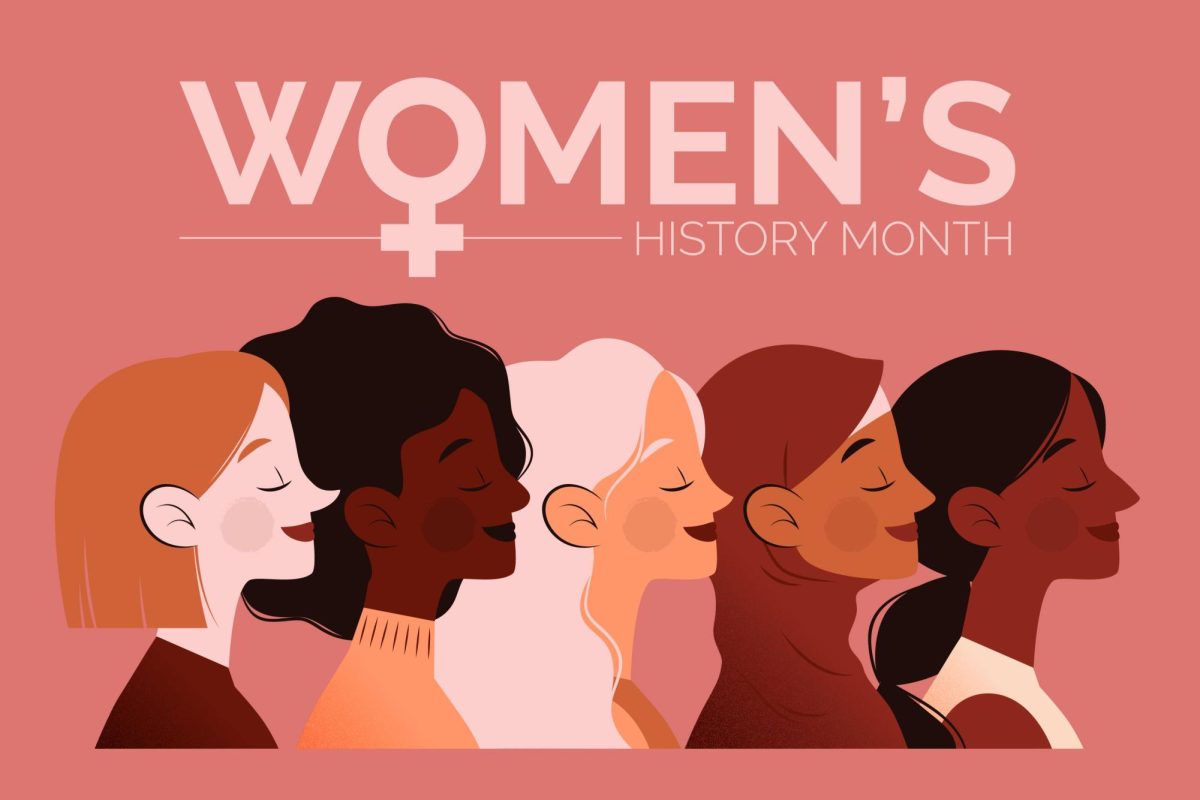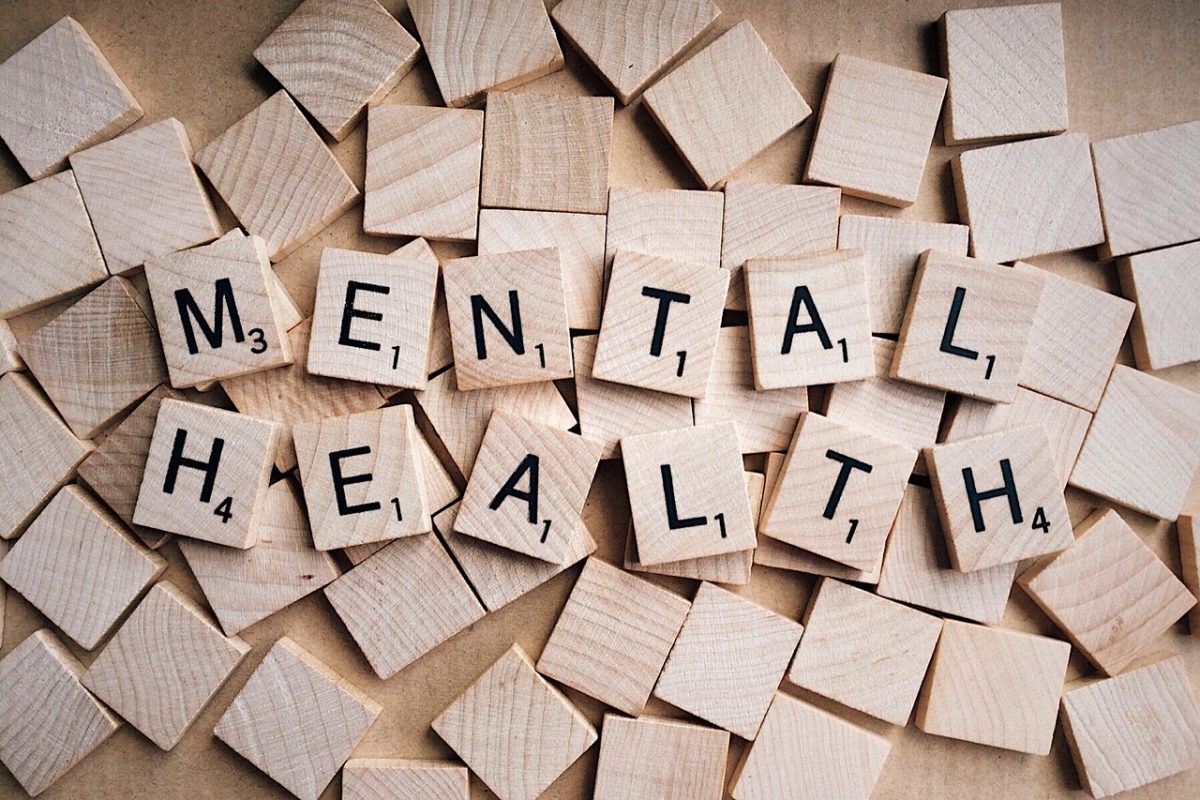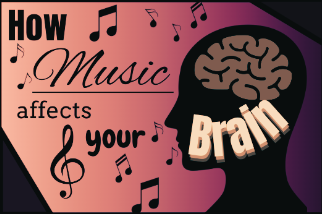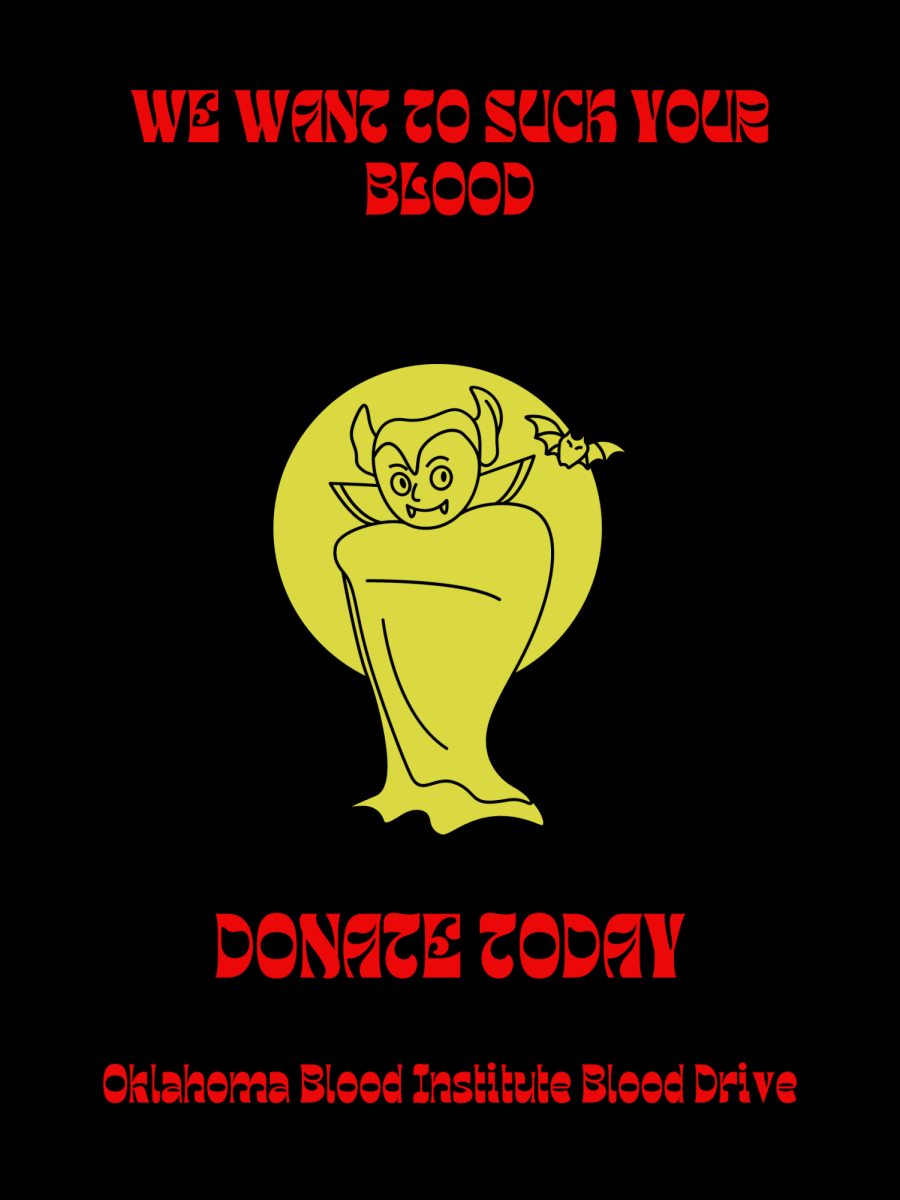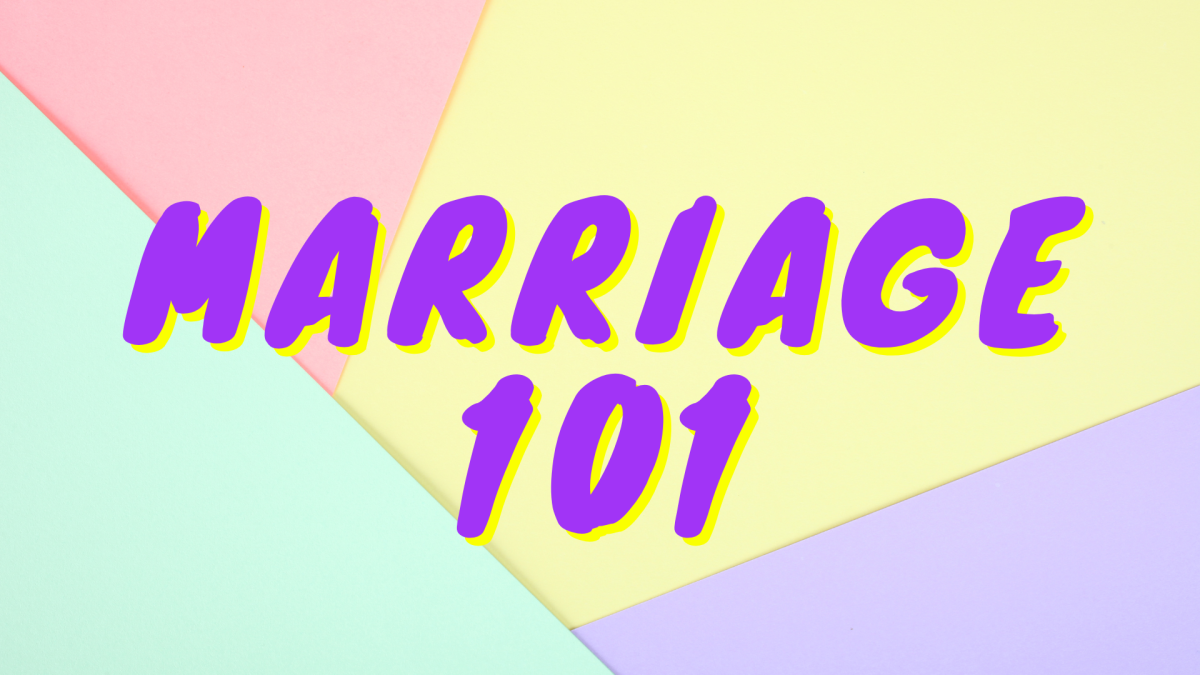Did you know listening to music can lower blood pressure and improve heart health? In fact, music has many positive effects on human health issues and psychological issues/struggles.
Why does this happen?
Auditory mirror neurons activate in response to the sounds in music and mirror them. So when you’re feeling happy, sad, sorrowful, excited, etc. you’re feeling that because your neurons are mirroring those emotions!
“Music is therapy. Music moves people. It connects people in ways that no other medium can. It pulls heartstrings. It acts as medicine.”- Macklemore.
Music is beneficial to nearly everyone, including you.
7.11 billion people listen to music.
Let’s talk about more ways music benefits you.

Your focus and productivity will be aided by music.
If you run with music on, it can help you concentrate and provide a calmer environment, reducing stress. Music can also push you to work harder and can even improve your performance.

Music can alter your perception.
Music can shift your views from negative to positive.
They can uplift your mood, and help process difficult emotions and moments.
Music can help plants grow.
Research has shown music positively affects plant growth.
Faster growth and healthier plants will be produced when exposed to music.

Music can aid in memory recovery.
Music can be used to help patients recall memories, even after severe brain injuries.
Babies respond to music while in the womb.
Although less diversely affecting, playing music can bring relief to mothers carrying babies by their reactions. Whether small or big movement.
Now, some cons:

Music can oftentimes be more distracting than helpful.
Especially while studying.
Texas A & M College of Arts and Science Article
Cognitive psychologist Brian Anderson even states, “ Multitasking is a fallacy; human beings are not capable of truly multitasking because attention is a limited resource, and you can only focus on so much without a cost ”.
So while music can be calming and stress relieving in the same way it can be distracting.

Overstimulation.
Music can as easily calm you as it can overwhelm you.
Some music may be overstimulating especially if loud volume or instruments are used.
This can lead to discomfort and agitation.
One example is music therapy which is used to help with stress, pain, and mental health issues. Some mental health issues music can help with are Dementia, Emotional dysregulation, Autism, Depression, Anxiety, Parkinson’s disease, and more. About 280 million people worldwide suffer from depression alone, and music provides a positive distraction from negative emotions and thoughts. Since 2020, about 2 million people have been employed in music therapy services.
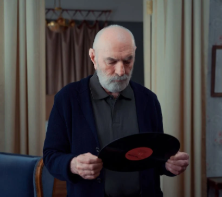
It can be memory triggering.
While music can help with memory remembering it also comes with triggering memories.
This can be extremely harmful to people suffering from PTSD.
Music can help or worsen anxiety.

The wrong music may cause distress and some lyrics may be negatively impacting.
Pros and Cons of Music Therapy
While music can be extremely beneficial it can also be harmful. It all depends on the person who uses it.

